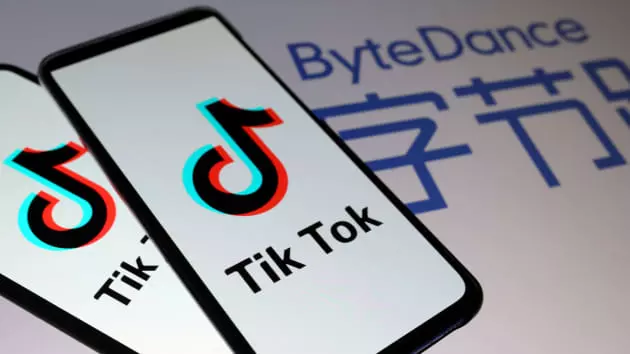- Early next year, Google will begin enabling a subset of customers to pay for cloud services using digital currencies.
- Furthermore, Google said that it will investigate the use of Coinbase Prime, a service for storing and exchanging bitcoins.
- Coinbase will move some of its apps from Amazon Web Services to Google’s cloud.
Google announced on Tuesday that it would rely on Coinbase to begin accepting cryptocurrency payments for cloud services early in 2023, while Coinbase said it will use Google’s cloud infrastructure.
The agreement, announced at Google’s Cloud Next conference, may be successful in bringing cutting-edge companies to Google in a competitive, rapidly developing sector where Google’s major rivals presently do not allow customers to pay using digital currencies.
The cloud company helps Google parent Alphabet diversification away from advertising, and it currently accounts for 9% of sales, up from less than 6% three years ago, since it is growing faster than Alphabet overall.
Coinbase, which makes the bulk of its money from retail transactions, will migrate data-related apps to Google from the market-leading Amazon Web Services cloud, on which it has depended for years, according to Jim Migdal, Coinbase’s vice president of business development.
According to Amit Zavery, vice president and general manager and head of platform at Google Cloud, the Google Cloud Platform infrastructure service will initially accept cryptocurrency payments from a handful of Web3 customers who want to pay with cryptocurrency, thanks to an integration with the Coinbase Commerce service.
Web3 is a jargon that refers to decentralized and distributed internet services that are not controlled by large internet companies like Facebook or Google.
According to Zavery, Google will eventually enable many more users to purchase using bitcoin. Bitcoin, Bitcoin Cash, Dogecoin, Ethereum, and Litecoin are among the ten currencies supported by Coinbase Commerce.
The values of Bitcoin, Dogecoin, and Ethereum have all dropped by more than 60% in the last year.
The deal’s terms were not revealed. However, like with previous Coinbase Commerce deals, Coinbase will get a share of transactions that go through it, according to Migdal.
It was not certain that Google would use Coinbase for the payments phase of the transaction. PayPal, for example, allows companies to accept payments in digital currencies.
“We looked at other firms for the bitcoin side of things,” Zavery remarked. Finally, he said that Coinbase have the most capacity.
Google is also researching how it may utilise Coinbase Prime, a service that securely holds cryptocurrency for businesses and enables them to perform transactions. Google, according to Zavery, will experiment with bitcoin asset management and “see how we might contribute.
” Companies that have integrated digital currencies to their balance sheets include Block (the payments startup previously known as Square), Coinbase, MicroStrategy, and Tesla. That may be a dangerous venture.
In August, Coinbase disclosed a $377 million asset impairment related to a fall in the value of its bitcoin assets.
Google had said in May that it was exploring the prospect of introducing support for digital currency payments.
Migdal said that Coinbase has been in talks with Google for months, with discussions on supporting commerce transactions, cloud use, and the Prime service all taking place concurrently. “We made the decision to bring them together,” he said.
Nonfungible tokens, or NFTs, are a kind of blockchain technology that has grown more important to Google’s cloud business.
Previously, Thomas Kurian, Google’s cloud leader, advocated for expansion in important sectors such as media and retail. This year, it announced the creation of teams to promote blockchain business and provide tools for third-party developers to use in running blockchain applications.











